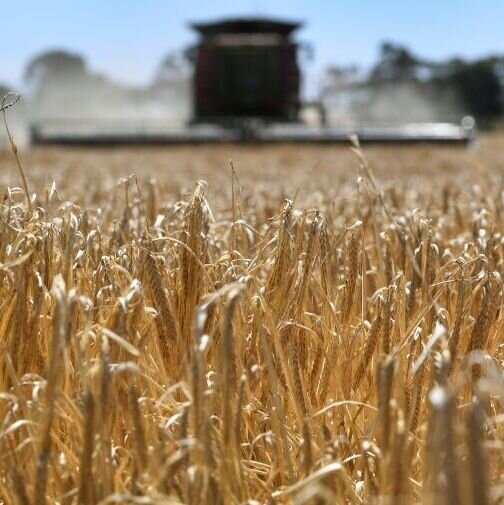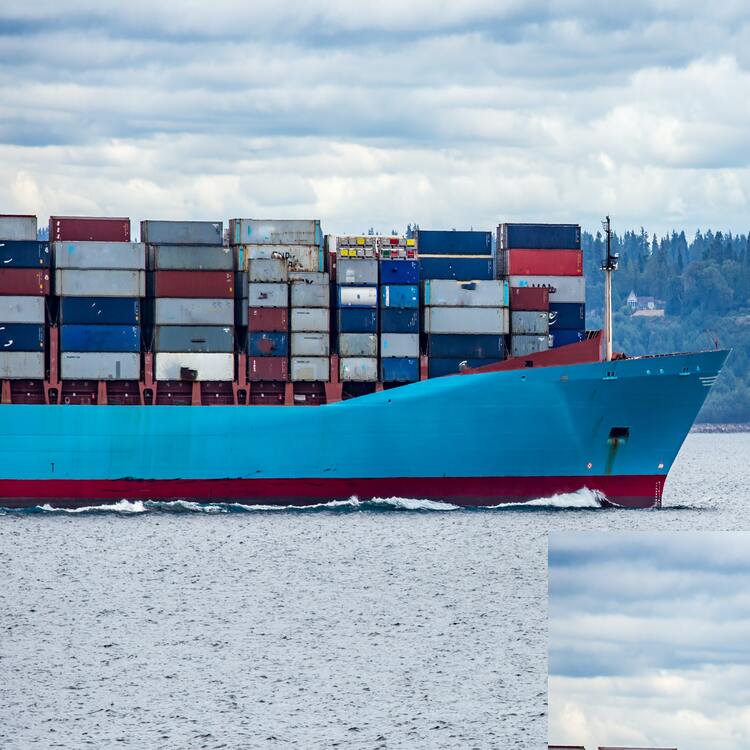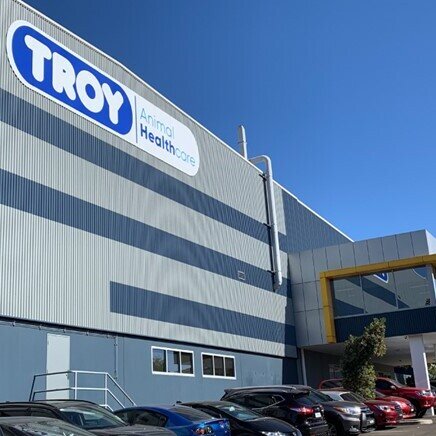Ministerial Appointment Trade, Tourism & Investment
Export Council of Australia welcomes the appointment of the Hon Dan Tehan MP as the new the Minister for Trade, Tourism and Investment.
“It is a great honour to serve the Australian people as a minister in the Morrison Government and I thank the Prime Minister for asking me to serve as the Minister for Trade, Tourism and Investment.”
“Australia is a trading nation. Our prosperity has been built on trade and our future relies on it. Trade creates jobs, drives innovation and underpins our economic growth. Trade is a mutually beneficial relationship between nations that enhances friendships, understanding, respect and co-operation. I will engage, listen and work tirelessly to advance Australia’s trade interests.
International capital helps us to finance new industries, enhance existing industries, invest in infrastructure and grow our economy. Investment by other nations in Australia also helps boost our exports by driving innovation and technological advancement. Investment by Australian companies overseas provides similar benefits at home and abroad.
Australia’s relationship with the world has been an enduring interest and passion of mine. I walked in the front doors of the Department of Foreign Affairs and Trade in 1995 as a graduate and it is a great honour to be returning as the Minister for Trade, Tourism and Investment 25 years later. As a diplomat, as a senior adviser to the Trade Minister and as director of trade policy and international affairs at the Australian Chamber of Commerce and Industry, I have always strived to engage constructively with all nations, and this will be the approach I will continue to take.
I will work just as hard to grow, promote and strengthen Australia’s tourism industry. My electorate of Wannon is a popular tourist destination, so I have seen first hand the jobs and businesses that it supports and its importance to the life of our nation and, in particular, regional communities. Australia is a world-leading tourist destination that offers incredible attractions, activities and services. I will be proud to represent Australian tourism to the world.
It has been challenging and rewarding to serve as Education Minister. I am proud of what has been achieved in education. In my time as minister, we have delivered significant, long-lasting reforms.
Our Child Care Subsidy continues to support families with the cost of child care so they can work, study and volunteer. Our Government’s decisive action in 2020 helped families, workers and child care providers and educators to navigate the COVID-19 lockdowns like no other country in the world.
In higher education, the Job-ready Graduates reforms will create more university places for Australian students, make degrees cheaper in areas of expected job growth and provide $900 million to fund STEM collaborations between universities and industry. Our additional $1 billion for university research will ensure important research that benefits our nation continues.
I would like to thank all the stakeholders in the education sector who have worked constructively with me to deliver improved educational outcomes for Australians, particularly in this year of challenges.
I congratulate the Hon Alan Tudge MP on his appointment as Minister for Education and Youth. I am confident he will continue to ensure that every Australian, no matter where they live, has access to a world-class education.











